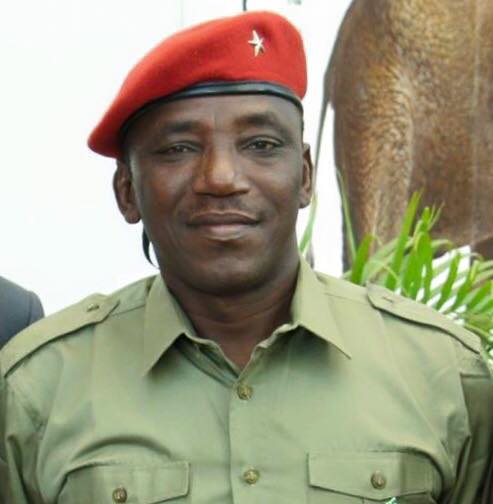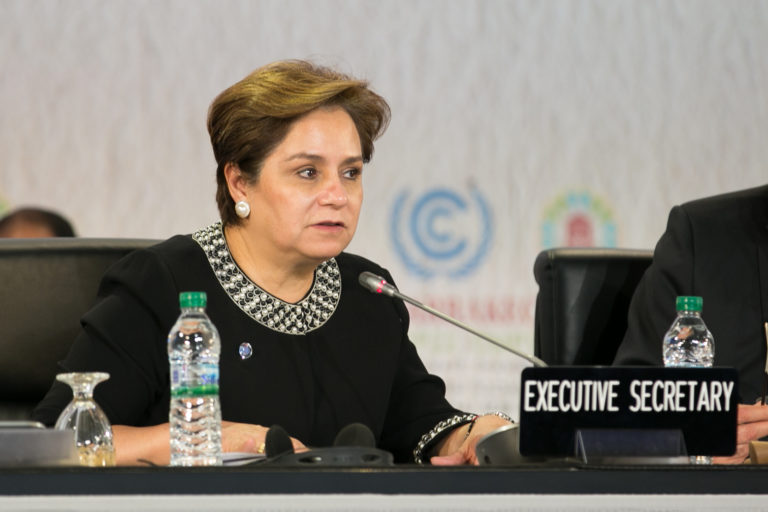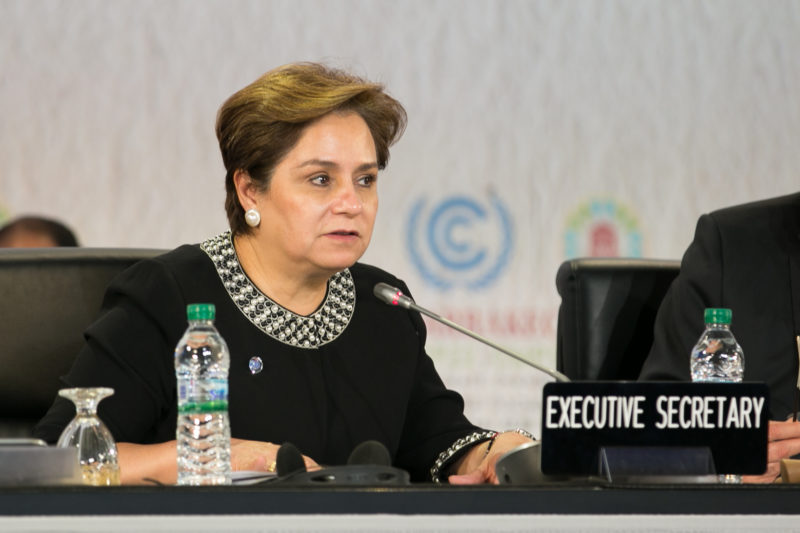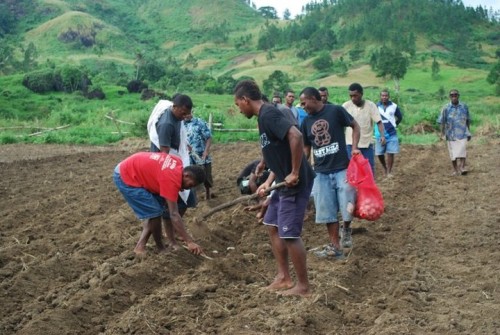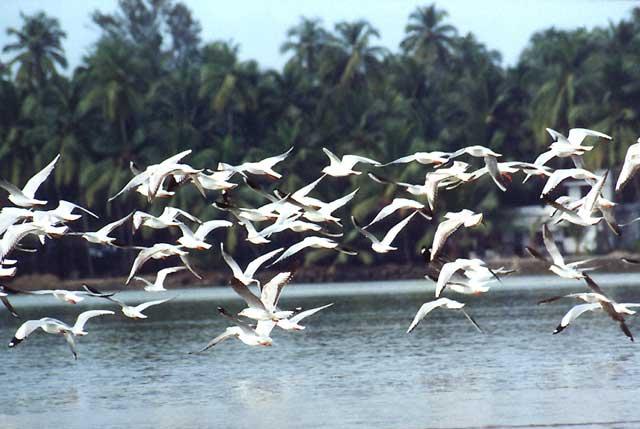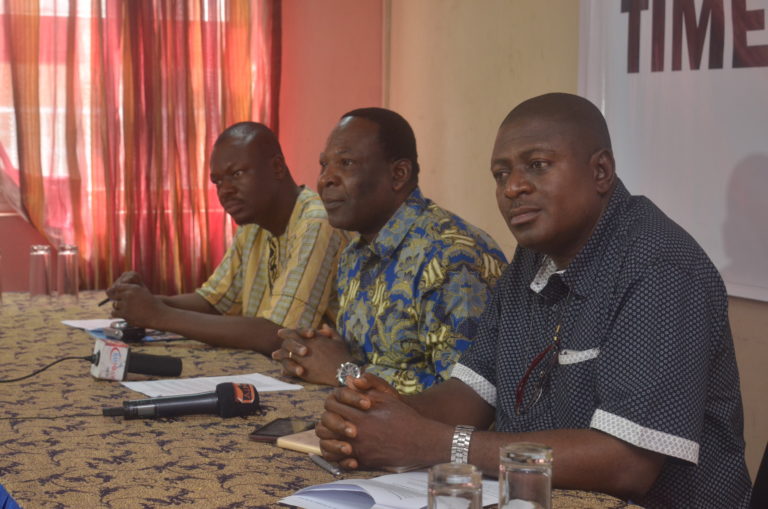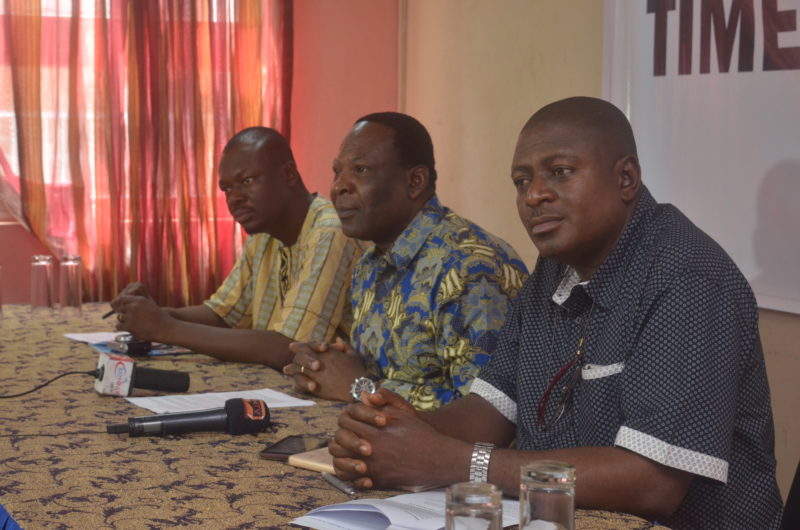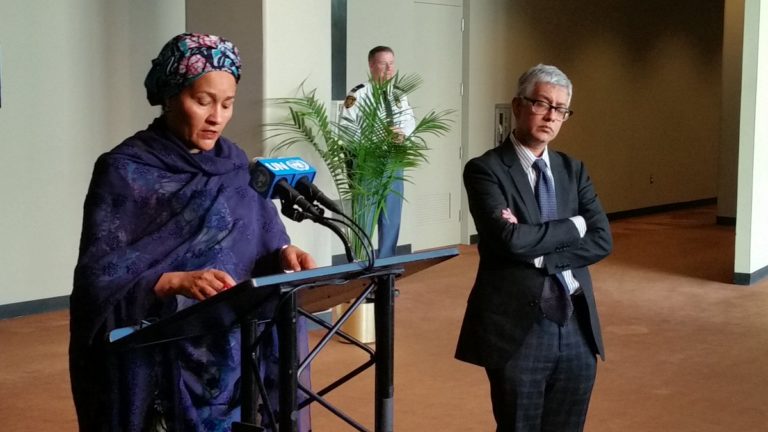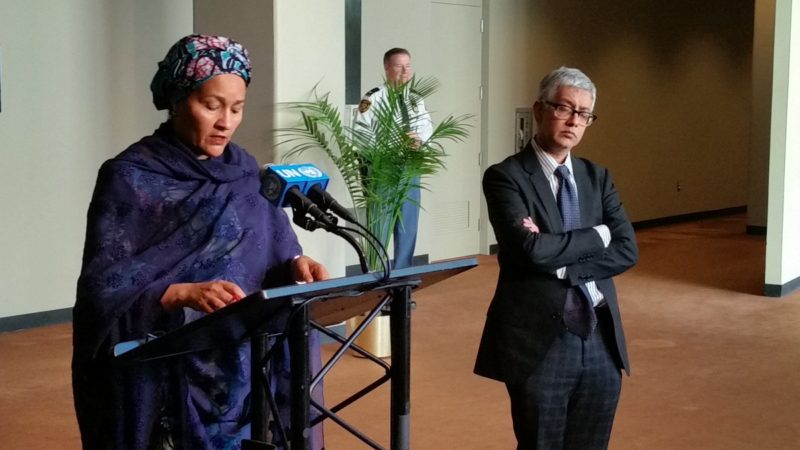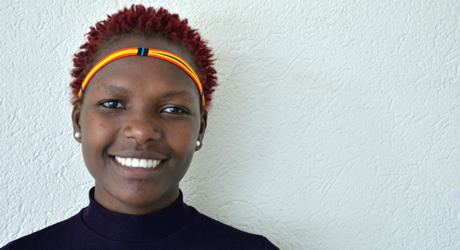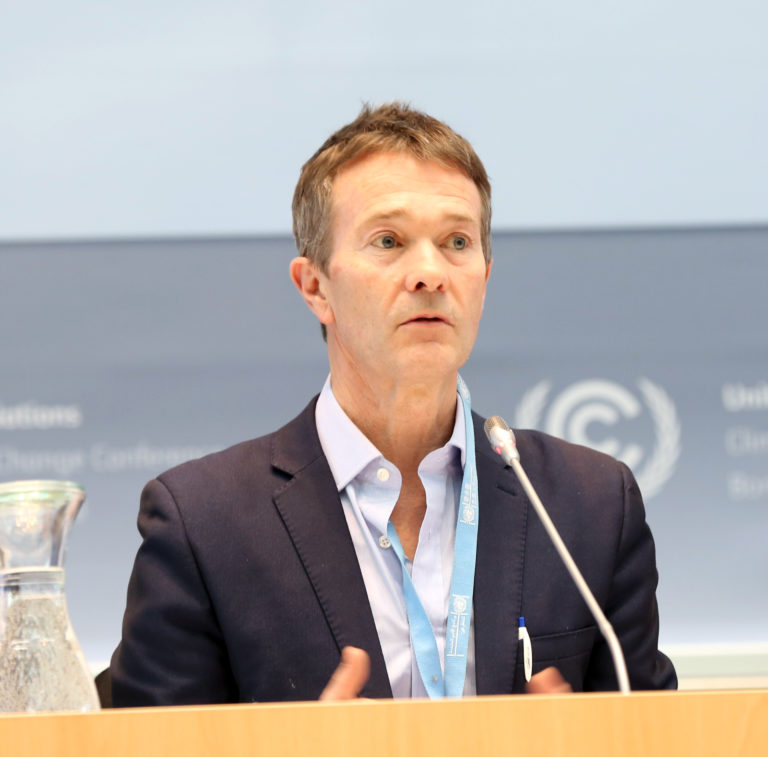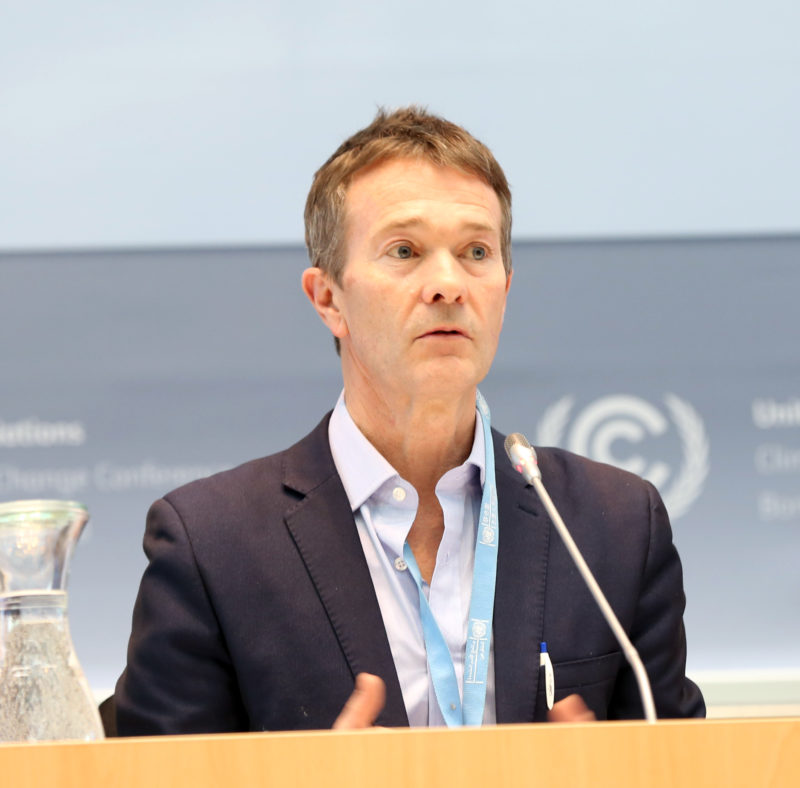Countries can achieve the UN Sustainable Development Goals (SDGs) by prioritising investments and policies that bolster positive relationships across the goals, says a new report released today by the International Council for Science (ICSU). The report examines the interactions between the SDGs – a universal set of goals to guide international development to 2030 – and applies a quantitative scale to determine the extent to which they reinforce or conflict with each other.

The report, entitled “A Guide to SDG interactions: from Science to Implementation”, offers a blueprint to help countries implement and achieve the 17 goals and the 169 targets that sit underneath them. The ICSU report is a first-of-its-kind attempt to quantify SDG synergies and conflicts. ICSU, leading a consortium of 22 scientists, applied a seven-point scale ranging from +3, which applies when one goal or target is very reinforcing of others, to -3, which applies when goals and targets fundamentally conflict with each other.
The SDGs, which were adopted by the international community in 2015, cover a diverse range of issues including gender equity, sustainable cities, access to clean water, and good governance. The aim is for all countries to achieve the goals and their targets by 2030 and set the world on a path towards sustainable development.
“This report demonstrates the unique role that science can and must play in the implementation of the SDGs. We combined the rigor of scientific thinking with the in-depth expertise of scientists from diverse fields like agronomy, oceanography, and epidemiology. The result was an independent analysis that can help policymakers and others engage with the goals and define their own priorities,” said ICSU Executive Director Heide Hackmann.
The report found that most goals were synergistic but not equally so. For example, one of the strongest relationships was that ensuring access to modern energy for all would go a long way toward combatting climate change and decreasing death and illness from pollution – all aspects of different SDGs. Another positive connection exists between growing the economy and improving health and well-being. Economic growth allows government to increase spending on healthcare, but only if they practice good governance and smart decision-making.
The scale also highlighted where there are conflicts and tradeoffs between SDGs. One major conflict is that achieving food for all could impact efforts to conserve and restore ecosystems. Efforts to end hunger and achieve food security could involve agricultural practices that limit the availability of clean water and renewable energy. Increased agricultural production, if not sustainable, can also result in deforestation and land degradation, jeopardising long-term food security. A careful balance is needed between initiatives to achieve these goals.
“This report provides a concrete entry point and tool to engage with the complex web of SDGs, and make them a reality. For the first time, policymakers will be able to look at the goals as a comprehensive set and understand how they reinforce each other, and where there are tensions. Leaders can use this information to minimise tradeoffs, prioritize investments, and make coherent policies. Scientists have a major role to play in piecing the available evidence together to support that process,” said Anne-Sophie Stevance, lead coordinator of the report.
The process of researching and compiling the report had its own revealing outcomes. “We brought together very different scientists to create a common way of talking about and scaling the SDGs. They didn’t always agree – there were many heated discussions – but they did it. Achieving the SDGs requires that we all follow this example, break down siloes, and work together,” added Stevance.
The report is being launched at the Forum on Science, Technology and Innovation for the Sustainable Development Goals at the United Nations in New York (15-16 May). This is the second edition of a multi-stakeholder event that brings together the scientific, technology, civil society and business communities with a common interest in making the SDGs a reality. The SDGs, which were adopted by the international community in 2015, cover a diverse range of issues including gender equity, sustainable cities, access to clean water, and good governance. It is a big, unwieldly, ambitious agenda that – if it is successfully implemented – could set the world on a course toward inclusive, sustainable development.
The report includes a set of recommendations for future efforts to apply the seven-point scale in countries around the world. The recommendations include identifying the interactions between and among the 17 SDGs in each country, and mapping who can do what to achieve the goals – and where there are capacity gaps. The report further calls for creating mechanisms to increase cross-sector coordination, and monitoring and evaluating progress in the lead-up to 2030.




